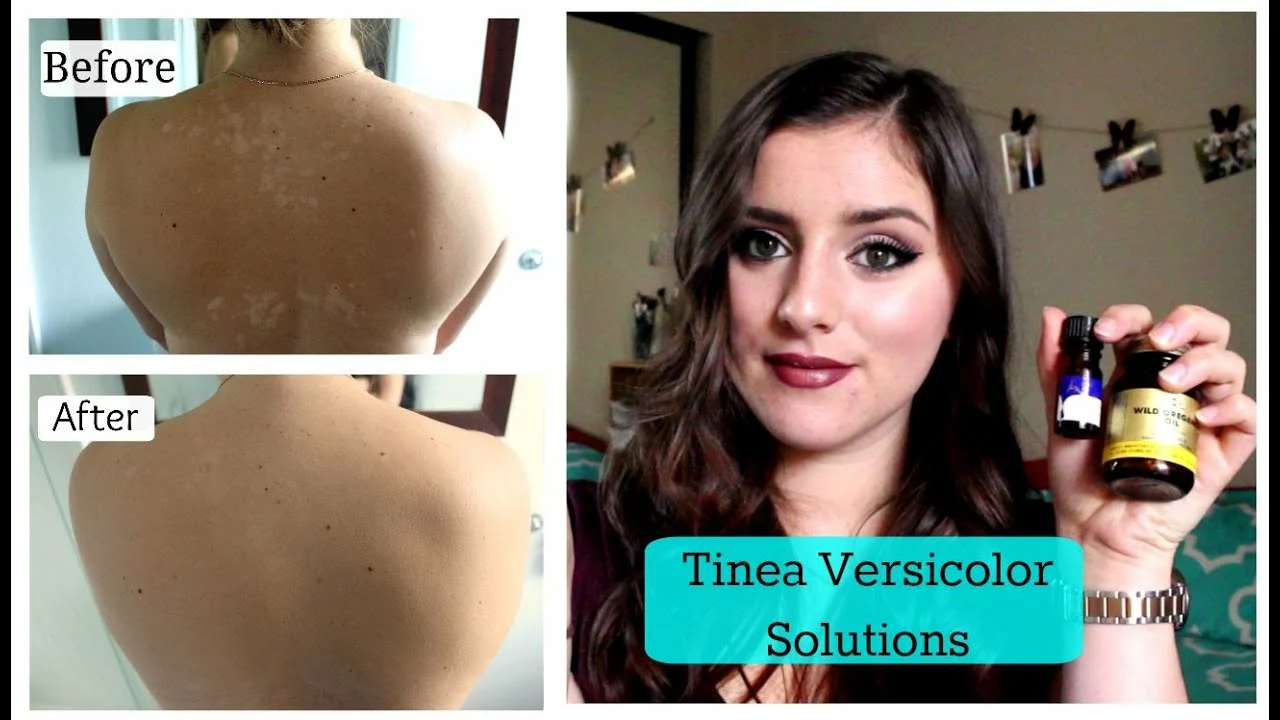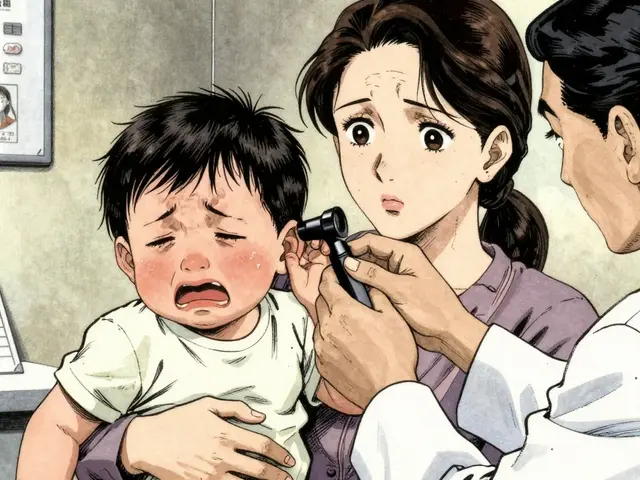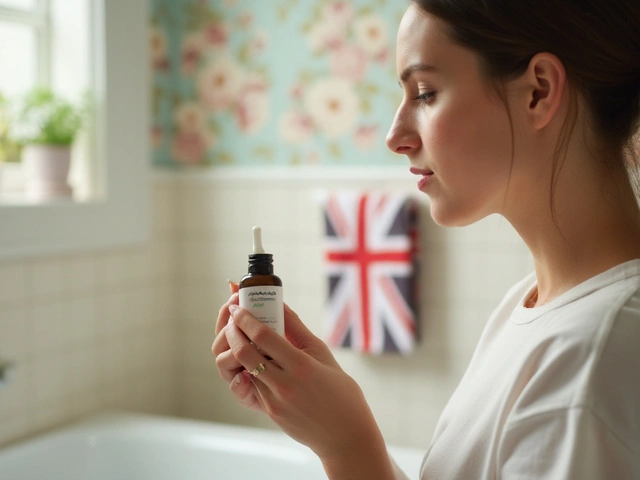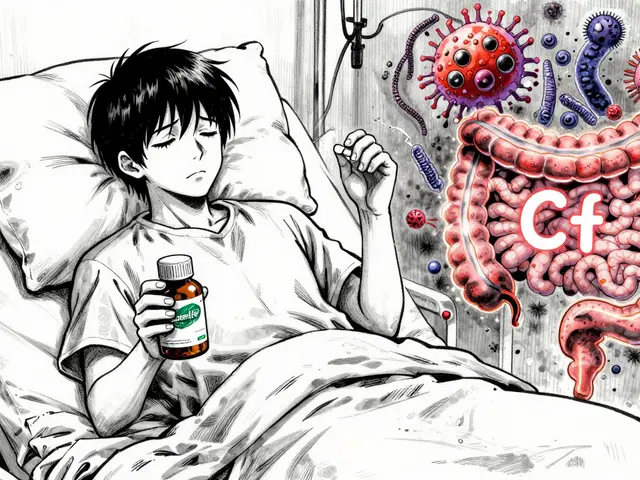Understanding Tinea Versicolor
Tinea Versicolor, also known as Pityriasis Versicolor, is a common and harmless skin infection caused by a type of fungus called Malassezia. This fungus is found naturally on our skin and usually does not cause any problems. However, under certain conditions, such as increased heat, humidity, and sweating, the fungus can grow excessively and lead to the development of discolored patches on the skin. As athletes, we are more prone to this skin condition due to our active lifestyles, so it's essential to know how to prevent and treat it.
Recognizing the Signs and Symptoms
Before discussing prevention and treatment strategies, it's important to recognize the signs and symptoms of Tinea Versicolor. The most obvious symptom is the appearance of discolored patches on the skin, which can be lighter or darker than the surrounding skin. These patches can be found on the back, chest, shoulders, neck, and upper arms. The affected skin may also be scaly, itchy, or have a slightly raised appearance. As an athlete, it's essential to be aware of these symptoms and seek medical advice if you suspect you have Tinea Versicolor.
Preventing Tinea Versicolor in Athletes
Maintaining a healthy skin environment is crucial in preventing Tinea Versicolor. Here are some practical strategies to help reduce the risk of developing this skin condition:
- Keep your skin clean and dry: Shower regularly, especially after exercising, and use a gentle soap to remove excess oil and sweat from your skin.
- Wear breathable clothing: Choose moisture-wicking fabrics that allow sweat to evaporate quickly, reducing the risk of fungal overgrowth.
- Change clothes promptly after exercising: Do not stay in sweaty clothes for extended periods, as this can create a favorable environment for fungal growth.
- Avoid sharing personal items: Towels, clothing, and other personal items can spread the fungus, so avoid sharing them with others.
Treating Tinea Versicolor
If you're diagnosed with Tinea Versicolor, your healthcare provider may recommend one or more of the following treatment options:
- Topical antifungal medications: Over-the-counter or prescription creams, lotions, or shampoos can be applied directly to the affected skin to treat the fungal infection.
- Oral antifungal medications: In more severe cases, your healthcare provider may prescribe oral antifungal medications to help clear the infection.
- Skin-lightening products: If the infection has left you with noticeable skin discoloration, you may consider using over-the-counter skin-lightening products to help even out your skin tone.
Managing Recurrences
Unfortunately, Tinea Versicolor can recur, especially in individuals who are predisposed to the condition. To help manage and prevent recurrences, consider the following tips:
- Maintain a consistent skincare routine: Continue to keep your skin clean and dry, even after your infection has cleared.
- Use a preventive antifungal treatment: Your healthcare provider may recommend using a topical antifungal product on a regular basis to help prevent future infections.
- Monitor your skin closely: Be vigilant in checking for signs of Tinea Versicolor and seek prompt treatment if you notice any symptoms.
Supporting Your Skin's Health
While treating and preventing Tinea Versicolor is important, it's also essential to support the overall health of your skin. Here are some tips for maintaining healthy skin as an athlete:
- Stay hydrated: Drinking plenty of water helps to keep your skin moisturized and less prone to irritation.
- Maintain a balanced diet: A diet rich in vitamins, minerals, and antioxidants can help support your skin's health and promote healing.
- Protect your skin from the sun: Use a broad-spectrum sunscreen with an SPF of at least 30 to protect your skin from harmful UV rays, which can worsen skin discoloration caused by Tinea Versicolor.
- Manage stress: High stress levels can negatively impact your skin's health, so it's important to find healthy ways to manage stress, such as through regular exercise, meditation, and getting enough sleep.
Conclusion
Tinea Versicolor is a common skin condition that can affect athletes due to their active lifestyles. Recognizing the signs and symptoms, as well as implementing prevention and treatment strategies, is essential for maintaining healthy skin. By taking care of your skin and following the tips outlined in this article, you can reduce the risk of developing Tinea Versicolor and enjoy a healthy, active life.






Sharon M Delgado
June 3, 2023 at 18:36
I've had tinea versicolor for years, and honestly? The biggest game-changer was switching to antifungal shampoo as a body wash. Not just any shampoo-Selsun Blue. I use it 2-3x a week, even when I'm not breaking out. It's cheap, effective, and I don't need to see a doctor every time. Seriously, try it. It's like magic for oily, sweaty skin.
Also-don't ignore the sun. I used to tan like crazy, and it made the patches worse. Now I wear SPF 50 every day. No exceptions. Even in winter.
And yes, I'm that person who wipes down the gym equipment before and after. You're welcome, fellow athletes.